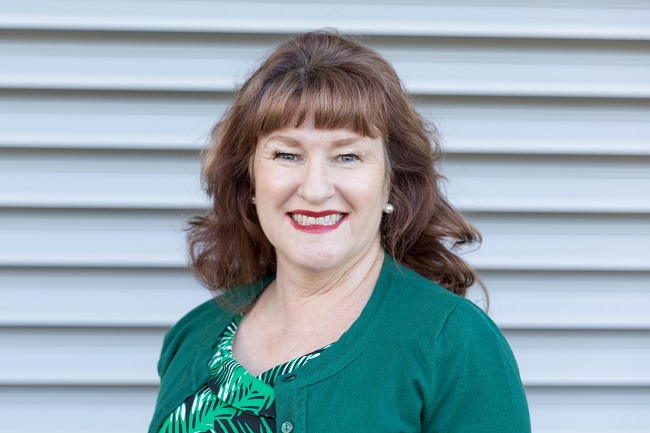29th January 2021
Professor Julie Byles, Head of ILC-Australia presents on ‘Healthy Ageing at very old ages – perspectives of women from the Australian Longitudinal Study on Women’s Health, at the 53rd Annual Australian Association of Gerontology (AAG) Conference in 2020.
The latter period of life is often characterised in terms of increasing burden of disease and disability, decline in physical function, decreased capacity for wellbeing and quality of life, reduced social participation and increased needs for health and social care. However, over recent decades, there has been a greater emphasis on the potential for people to age “successfully” and “healthy”.
The WHO 2015 World Report on Ageing and Health framed a public health goal of Healthy Ageing as a process of “building and maintaining for as long as possible of the functional ability that enables older people to be and to do the things they have reason to value”. The aim of this project was to interview women in their mid to late 90s to gain insights into the women’s own perspectives of ageing, and to compare how these perspectives fit with the construct of healthy ageing as framed by the WHO.
The 51 women from the oldest cohort of the Australian Longitudinal Study on Women’s Health (ALSWH) born between 1921-26, participated in the interviews. The interviews were designed to encourage women to discuss their functional ability to do the things they want to do, their overall wellbeing, and the ways in which they are supported by their environments. The interviews were transcribed and de-identified prior to importing into the qualitative data analysis program N-Vivo. The data were then subjected to thematic analysis to identify major themes in relation to the research aims.
Healthy ageing hasn’t translated as a concrete idea, but is a lived reality for many of these women with most saying they were well and happy. Generally, women interpreted healthy ageing as freedom from diseases, while other women interpreted it as referring to healthy diet and exercise, keeping active, maintaining interests and having a positive outlook.
Watch Professor Byles’ presentation here.
Prepared by:
Professor Julie Byles BMed PhD FAAHMS
Director | Research Centre for Generational Health and Ageing
Global Innovation Chair in Responsive Transitions in Health and Ageing
School of Medicine and Public Health, Faculty of Health and Medicine
The University of Newcastle

Professor Julie Byles, Global Innovation Chair in Responsive Transitions in Health and Ageing,
School of Medicine and Public Health. Photo taken at HMRI for HR Marketing materials, by Eddie O’Reilly, Tuesday, May 22, 2018.
The International Longevity Centre Global Alliance is delighted to be approved as an Affiliate of the World Health Organization Global Network of Age Friendly Cities and Communities.
20th June 2025
The ILC Europe Network, launched in December 2021, addresses longevity and population ageing in Europe. The Network works to organise policy and research events, share good practice, and engage with policymakers across the continent.
20th June 2025
Young and old united in imagination
Generation Mixer is a creative project connecting primary school children and local older adults through the power of imagination. By inventing and exploring imaginary worlds together, generations build meaningful bonds and discover new talents.
19th June 2025


